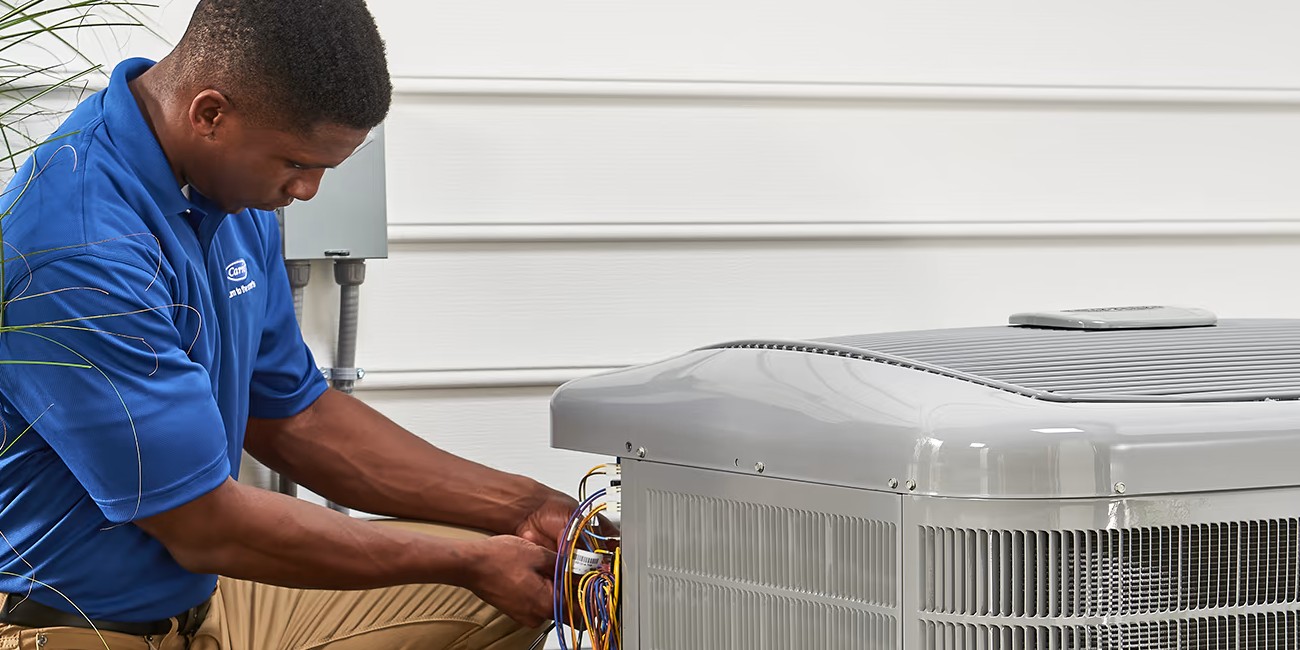
Heat pump installation has to become more affordable to make adoption more compelling in the US, but in the meantime, there are ways to mitigate that cost.
Researchers at the US Department of Energy’s National Renewable Energy Laboratory (NREL) just published a paper in the journal Joule titled, “Heat pumps for all? Distributions of the costs and benefits of residential air-source heat pumps in the United States.”
The study quantifies the costs and benefits of air-source heat pumps across the US. The researchers based their conclusions on simulations of 550,000 statistically representative households. It considers climate, heating sources, and types of homes, as well as the performance of different heat pumps and whether insulation was upgraded.
Their analysis revealed a majority of Americans – 62% to 95% of households, depending upon heat pump efficiency – using a heat pump would see a drop in their energy bills. And if the home was weatherized, the range bumped up to 82% to 97%.
Nationally, heat pumps would cut home energy use by 31% to 47%, depending on their efficiency level, and 41% to 52% when combined with weatherization. (The big difference between energy savings and energy cost savings is that natural gas prices are much lower than electricity prices on a BTU basis in many parts of the US.)
The study found that heating fuel type and whether the house had air conditioning significantly impacted savings. For the 49 million homes that use electricity, fuel oil, or propane for heat and have AC, 92-100% of homes would see energy bill savings, with median savings of $300-650 a year depending on heat pump efficiency. They found that savings were most significant in colder climates.
But here lies the rub: Heat pumps may only be financially feasible for a smaller portion of households due to high installation costs. (The American Society of Home Inspectors says that the average heat pump installation cost is $5,500.) Plus, the researchers noted that installers without heat pump experience may charge higher prices.
The NREL’s Eric Wilson, lead author of the study, said it showed that there are millions of households “for whom the technology is still pretty expensive, and we need work to bring down the cost of installing heat pumps.”
But there are ways to mitigate that installation cost until installation prices drop.
There are Inflation Reduction Act rebates and tax credits to be had right now for heat pumps, as nonprofit Rewiring America explains:
For low-income households (under 80% of area median income), the Electrification Rebates cover 100% of your heat pump costs up to $8,000. For moderate-income households (between 80% and 150% of area median income), the Electrification Rebates cover 50% of your heat pump costs up to $8,000.
Plus, households get a 30% tax credit for heat pumps and heat pump water heaters, capped at $2,000 per year, and that can be combined with rebates.
Top comment by Mckillio
I think it's important that we move to heat pumps but what really stood out for me from this article is that we should be pushing weatherization first and foremost. People will still save money and pollute less but additionally it may mean that when you do upgrade to a heat pump, you may need a smaller, cheaper unit, further reducing costs and pollution/electricity use.
And co-author Prateek Munankarmi said that homeowners could “save thousands of dollars on average” by installing a smaller heat pump if they first improve their houses’ energy efficiency, and there are good rebates and tax credits for weatherization, too.
Read more: Heat pumps are more efficient than oil and gas heating in subzero temps – Oxford study
If you’re considering going solar, it’s always a good idea to get quotes from a few installers. To make sure you find a trusted, reliable solar installer near you that offers competitive pricing, check out EnergySage, a free service that makes it easy for you to go solar. It has hundreds of pre-vetted solar installers competing for your business, ensuring you get high-quality solutions and save 20-30% compared to going it alone. Plus, it’s free to use, and you won’t get sales calls until you select an installer and share your phone number with them.
Your personalized solar quotes are easy to compare online and you’ll get access to unbiased Energy Advisors to help you every step of the way. Get started here. –ad*
FTC: We use income earning auto affiliate links. More.



Comments